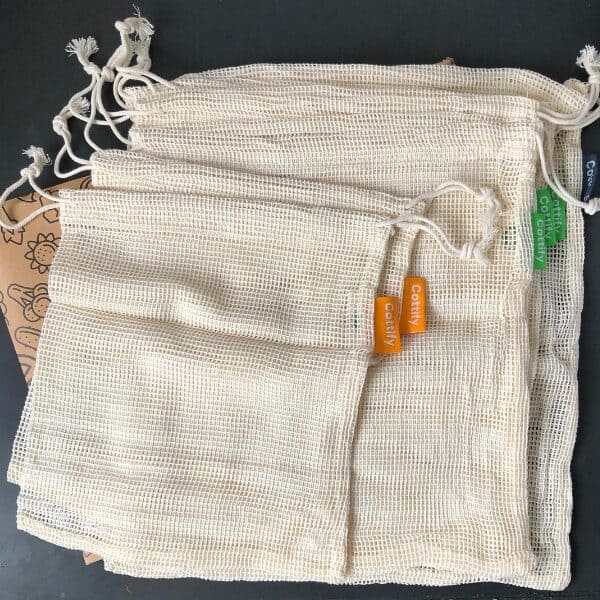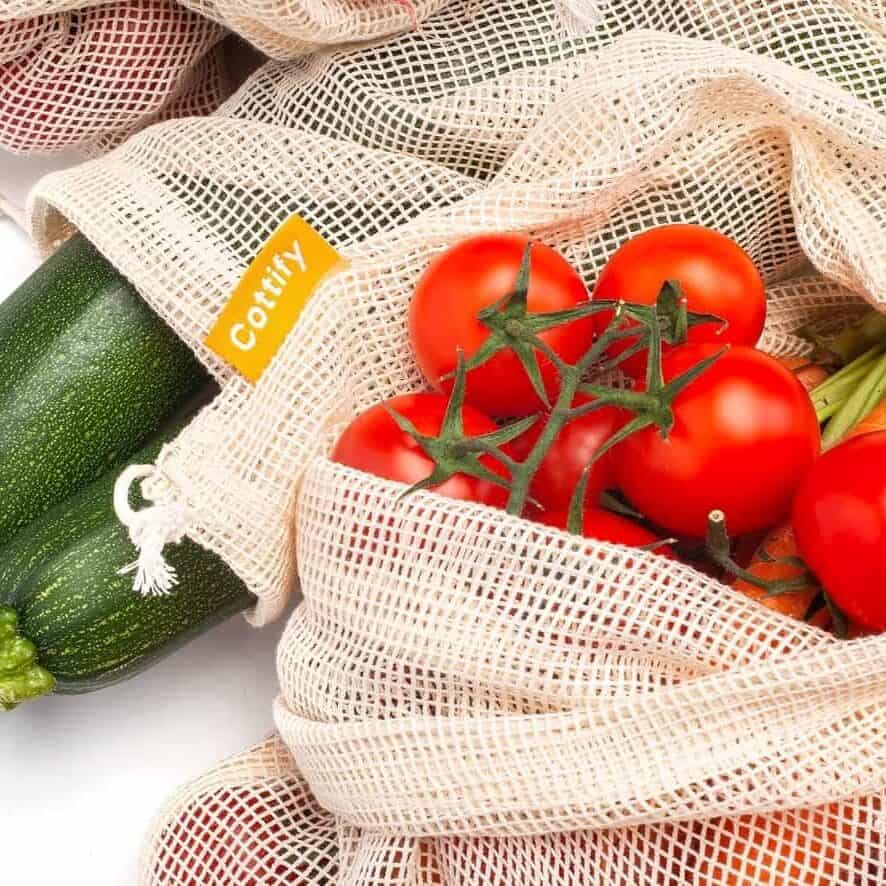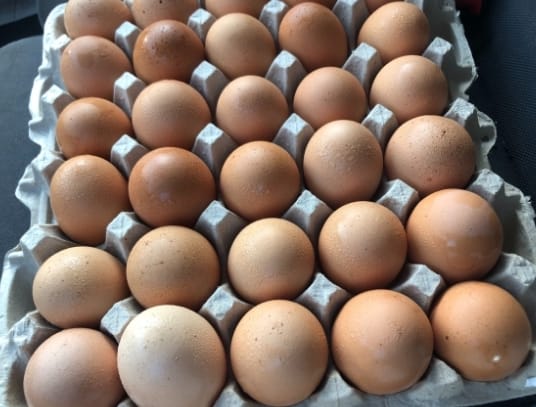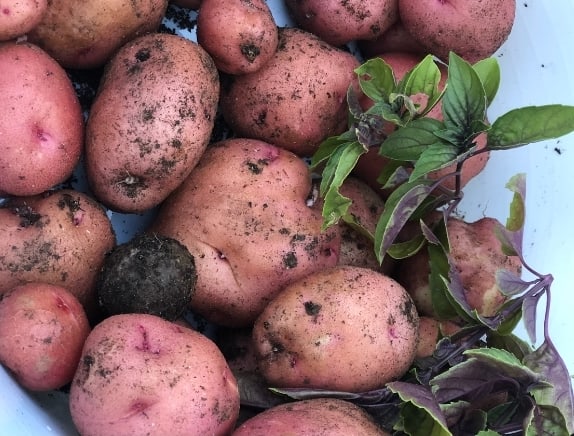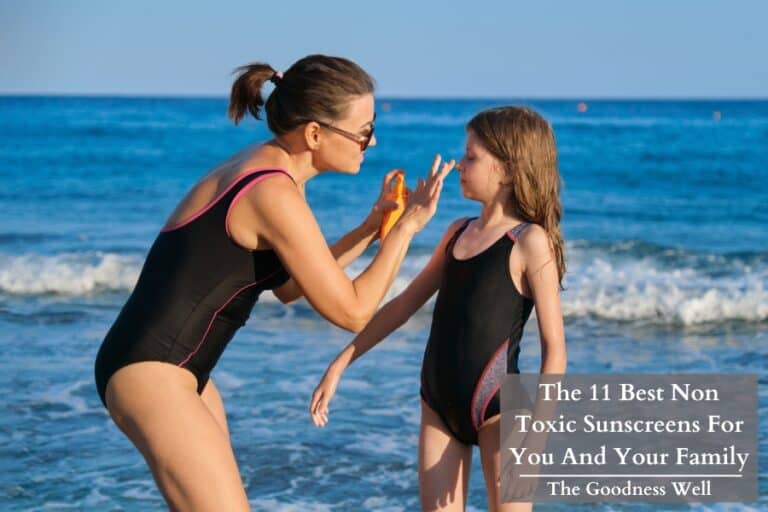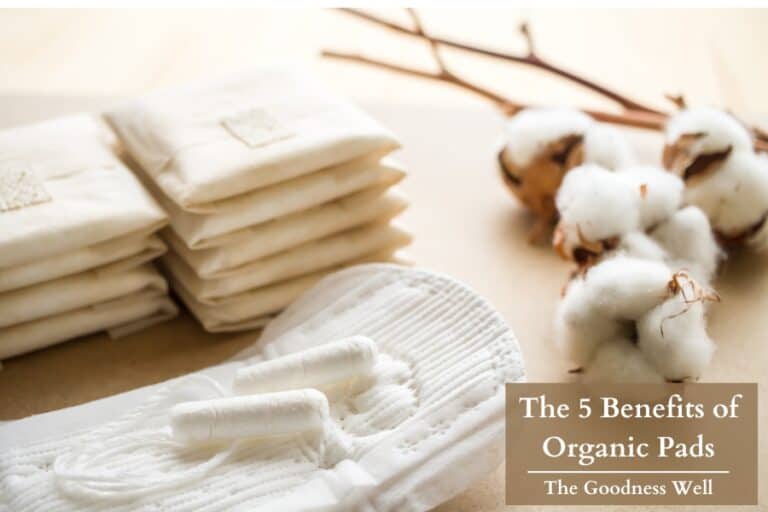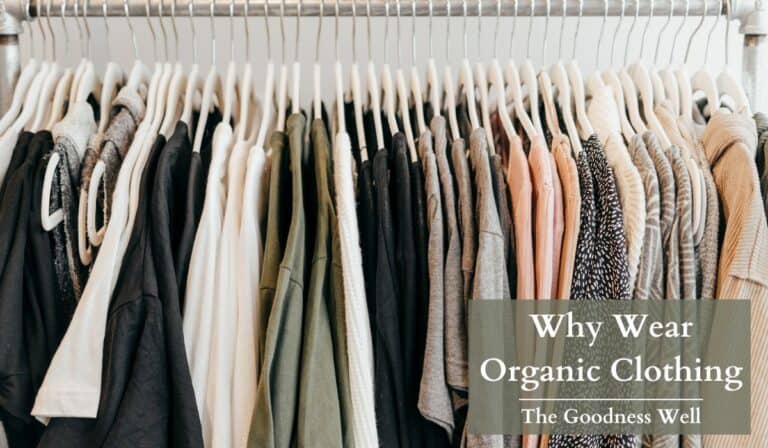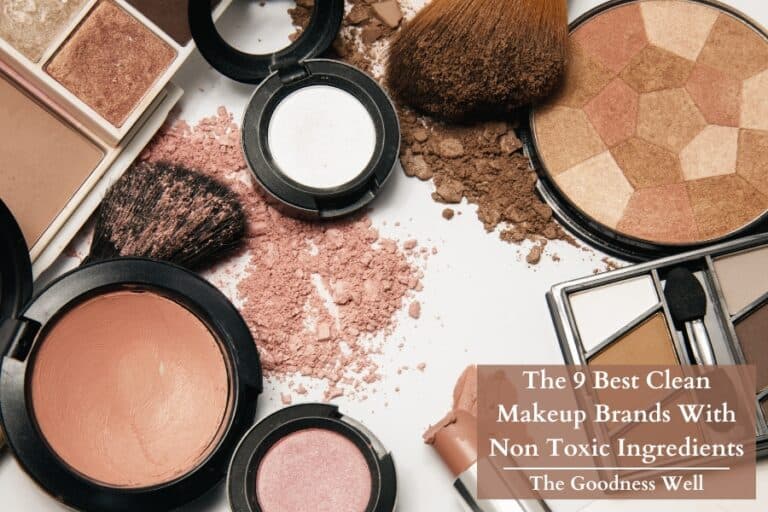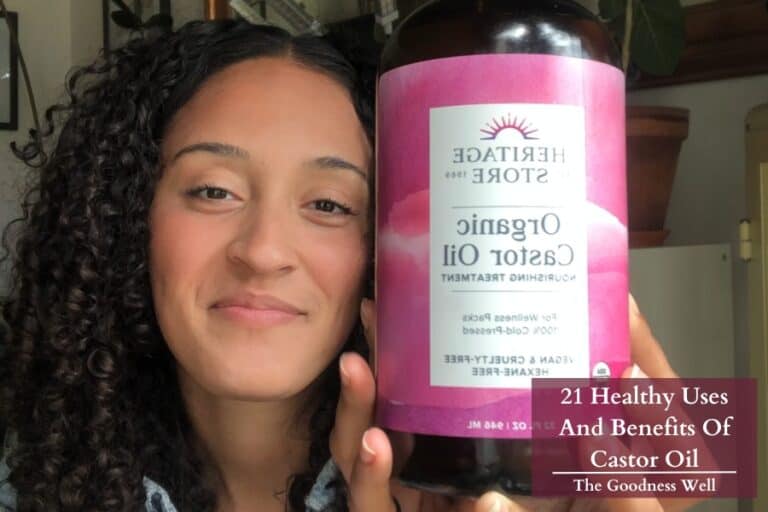9 Benefits of Switching to Eco-Friendly Products
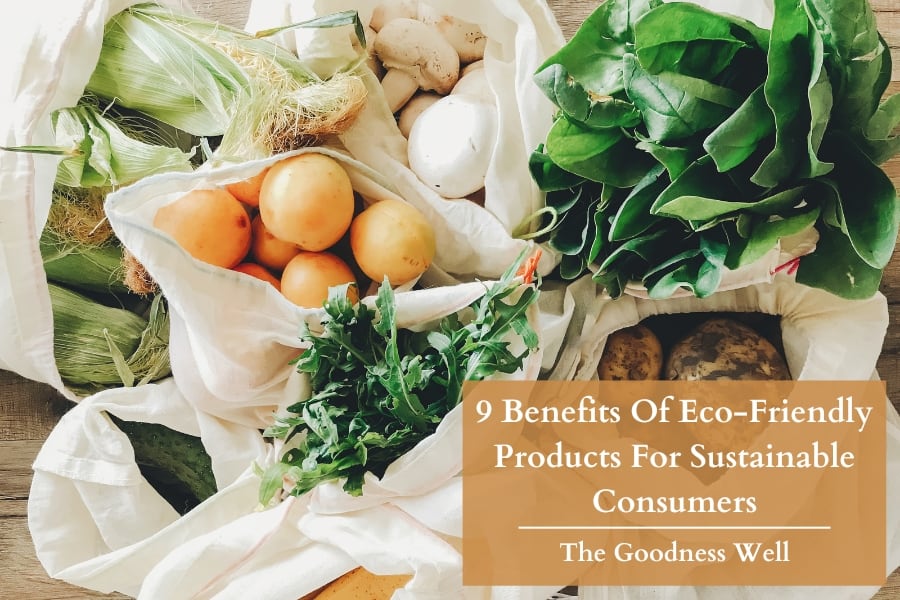
Trying to live a more non-toxic life?
Choosing eco-friendly products is one of the best ways to live a more natural lifestyle, lessen your impact on the environment, and become healthier overall.
Since becoming more mindful of our purchases, we’ve been able to reduce a lot of harmful chemicals around us, and even save some money!
Let’s get into the ways changing your buying habits can help you.
9 Benefits of eco-friendly products:
- Save Money!!
- Non Toxic Products
- Less Plastic Pollution
- Healthier You
- More Sustainable Resources Being Used
- Support For Local, Small, and Eco-friendly Businesses
- Cleaner Environment
- Energy Efficiency
- Consumer Pride!
We are reader-supported. So some links in this post may be affiliate links, which means we may earn a small commission if you make a purchase. Learn more
1. Save Money
These kinds of products will save you money! Especially if you look at the big picture.
Now don’t get me wrong some of these products might be more expensive up front, but they offer huge long-term savings.
For example, take a look at LED bulbs.
They last longer, reducing the need for frequent replacements, and use 90% less energy!
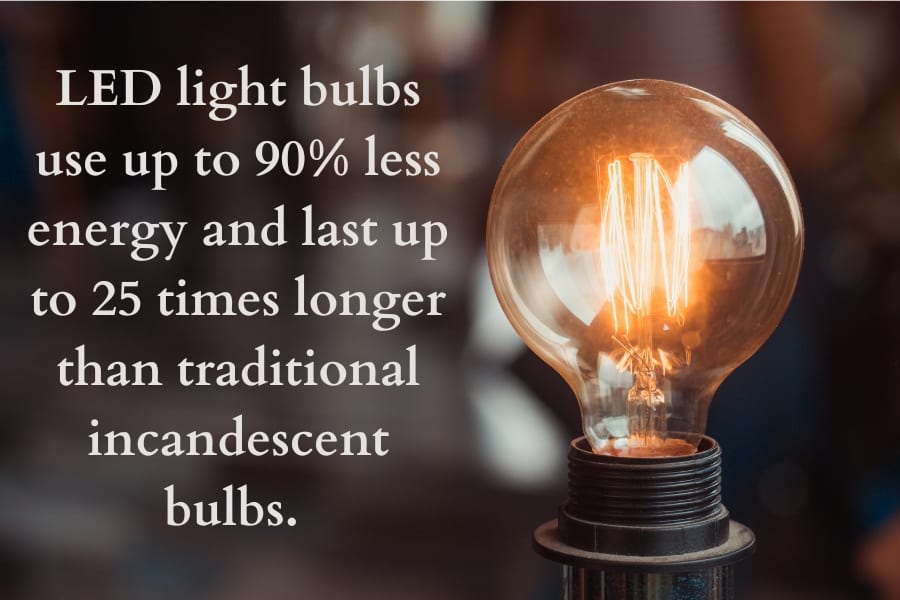
This is just one of the many swaps to eco-friendly products that can save you money.
Here are a few other items that can save you money in the long run.
- Reusable Water Bottles
- Low-Flow Showerheads
- Rechargeable Batteries
- Solar Panels
- Reusable Cloth Napkins and Towels
- Programmable Thermostats
- Durable Non-Toxic Clothing
2. Non-Toxic Products
Non toxic products are free of chemicals linked serious health risks including cancer, reproductive, thyroid, respiratory, and endocrine issues.
When buying a product that is non toxic look for labels and certifications like USDA Organic, Fair Trade Certified, Greenguard Gold, GOTS(Global Organic Textile Standard), OEKO TEX, and MADE SAFE Certifications.
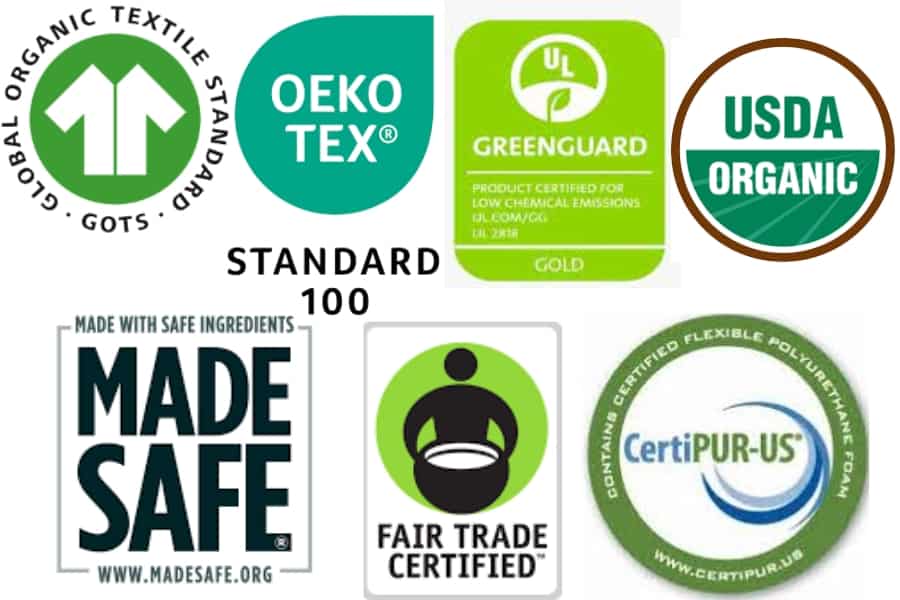
Non Toxic products are free of:
- Parabens
- Phthalates
- Formaldehyde
- Volatile Organic Compounds (VOCs)
- PFAS
- Bisphenol A (BPA)
- Synthetic Fragrances
- Lead and Other Heavy Metals
- Sulfates
- Artificial Dyes and Colors
3. Less Plastic Pollution
The reasons to cut down on plastic are many, and we’ve been able to cut down on our use by a lot. Especially after learning all of the health effects plastic is having on our lives.
Think about how many plastic bags are being used in your local neighborhood Walmart every day… …yeah…A LOT!
And that’s just one grocery store…
These reusable bags by Cottify are one way we lower the amount of plastic bags we use when grocery shopping.
We also use reusable shopping bags as well which you can normally pick up at your local grocery store for $1.
Simply swapping plastic products like plastic grocery bags for reusable eco-friendly products, can help you cut down on plastic use, waste, and pollution.
You can purchase these reusable bags through Amazon
4. Healthier You
All the hidden chemicals in our lives go unnoticed most of the time, which is why we make sure we not only know the ingredients in our food but the products we buy as well.
For example, you might buy all organic food, only to cook it in toxic cookware!
This is a perfect example of why we choose products like sustainable cookware that won’t sneak harmful chemicals into our body.
From choosing products without harmful chemicals to food without plastic packaging, making these switches will indeed better your health.
And it’s not just the avoidance of chemicals that will better your health, but the shift away from a consumerism-focused mindset.
“Corporate-driven consumerism is having massive psychological effects, not just on people, but on our planet as well“
APA
Choosing sustainable products will help you begin to break free from the endless cycle of buying and replacing that our society has adapted us to.
It’s something we’ve found to be freeing as we adapt more and more to a simpler way of living. It’s more than worth it!
5. More Sustainable Resources Being Used
Eco-friendly products are made using materials that are renewable and recyclable.
For example, we started using coconut bowls made from recycled coconut husk!
We absolutely love using them knowing no harmful chemicals are leaking into our food.
Plus these bowls are super cool looking!
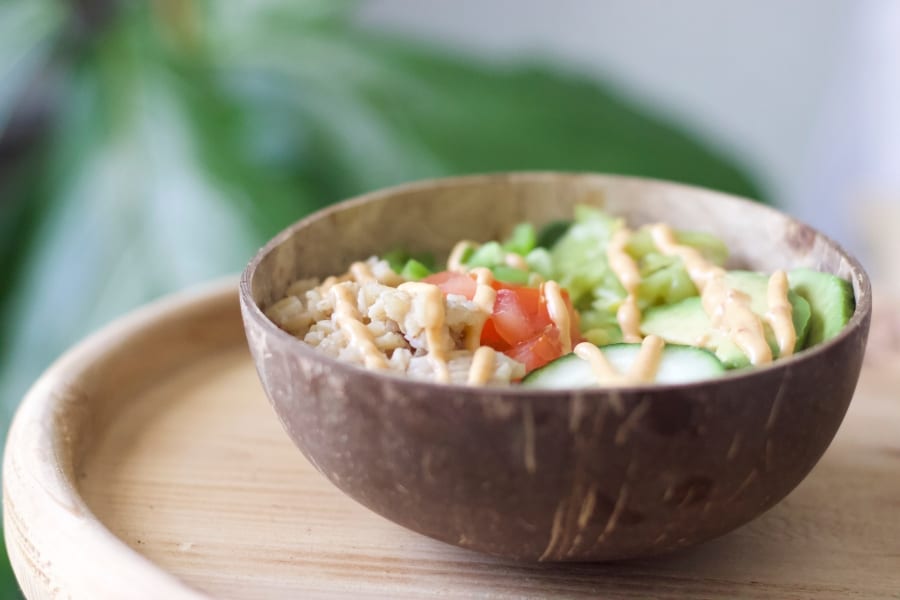
Simple swaps like this help to cut down on synthetic materials and nonrenewable resources.
The use of harmful synthetic materials (polyester, plastic, engineered wood, etc.) and nonrenewable resources like fossil fuels lead to insane amounts of pollution every single day!
Here are some other eco-friendly product swaps that will help you reap the benefits:
- Disposable batteries 👉🏽 Rechargeable batteries
- Plastic Grocery Bags 👉🏽 Reusable grocery bags
- Conventional Laundry Detergents (Dawn, Tide, etc.) 👉🏽 Phosphate-free, biodegradable laundry detergents
- Traditional non-stick cookware 👉🏽 Cast iron, stainless steel, or ceramic cookware
- Plastic Water Bottles 👉🏽 Reusable glass bottles
- Disposable Diapers 👉🏽 Cloth diapers
- Plastic Food Containers 👉🏽 Glass Containers
6. Support for Local, Small, and Eco-Friendly Businesses
When you buy sustainable products, you’re supporting businesses that prioritize eco-friendly practices.
Most often these types of businesses are smaller and even locally owned, so not only are you supporting sustainability as a whole but you’re showing love to local businesses within your community.
This type of local support will boost the overall local economy!
We love shopping at our local produce market, Greens Produce and Plants.
They have everything we need for seasonal produce and they’re locally owned!

7. Cleaner Environment
The pollution that comes from products made from synthetic materials occurs during manufacturing and when products are disposed of in landfills and oceans.
Synthetic materials are either non-recyclable, just thrown away instead of recycled, or have a very short recycling lifespan and end up as waste.
BUT!
You can choose to buy products made from natural materials that can either be recycled over and over again or break down naturally within the environment without releasing toxic chemicals.
These types of products make a cleaner environment much more achievable.

8. Energy Efficiency
Energy-efficient products, like solar panels and LED light bulbs, reduce the use of fossil fuels which are HUGE contributors of greenhouse gas emissions.
Energy-saving products save you money because their goal is to use sustainable sources of energy or less energy for longer time periods.
They also help cut down on nonrenewable energy sources by replacing them with renewable sources like solar energy!
9. Consumer Pride
Last but certainly not least! You feel good when you buy eco-friendly products!
Knowing that the products you buy are responsible and environmentally beneficial is eco-friendly adulting you should be proud of !! 😎
How Do You Know if a Product is Eco-Friendly?
Many companies out there make this tricky by advertising a product to seem environmentally safe that really isn’t.
This tactic is called greenwashing, and the more the demand for eco-friendly products increases, so will this type of manipulation.
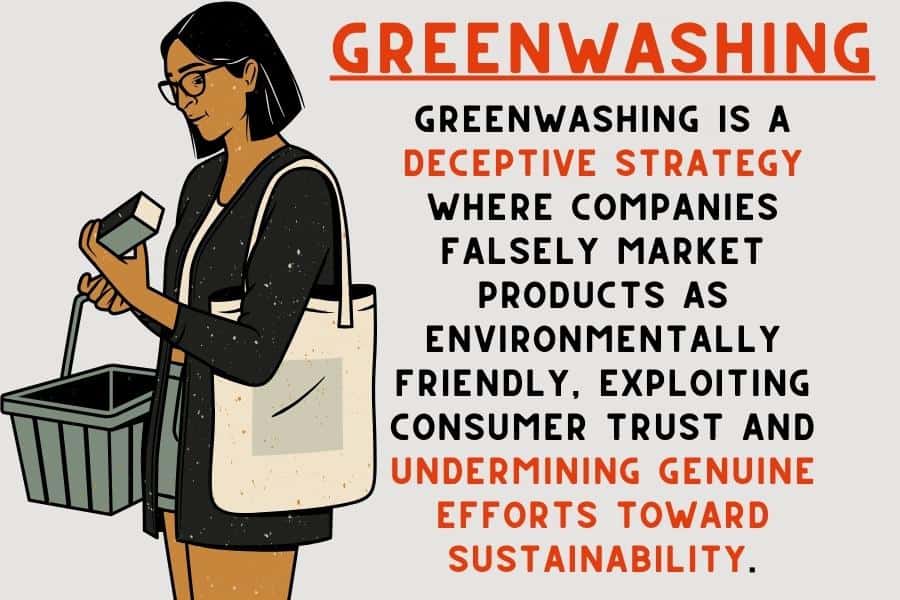
Let’s look at what makes a product eco-friendly and what labels to look for:
- Made from renewable resources 👉🏽 USDA Certified Biobased Product
- Biodegradable or compostable 👉🏽 BPI (Biodegradable Products Institute) Certification
- Free from toxic chemicals 👉🏽 Greenguard Certification or Green Seal Certification
- Packaging from recycled materials or no packaging at all
- Sourced from sustainable practices 👉🏽 Fair Trade Certified, Rainforest Alliance Certified
- Recyclable or made from recycled materials.
- Low or no carbon footprint 👉🏽 Carbon Trust Label, Climate Neutral Certified
- Non-GMO 👉🏽 Non-GMO Project Verified
Not all of these products will have labels, especially ones without packaging or found in smaller local businesses but these are a few labels to look out for.
If you ever find a label you’re unsure about, use EcoLabels to help understand if a label is approved or not.
Let me be clear… just because a product is more expensive, has greenery or nature images, or even makes vague claims like “Good for the planet” that does not mean it’s actually safe for the planet.
Wrapping up
From our health to the environment, when you choose sustainable products, you contribute to a healthier planet and embrace a lifestyle that respects our home.
The benefits of eco-friendly products go beyond our generation…
It supports the more sustainable planet we hope to leave behind for future generations. 🌏

